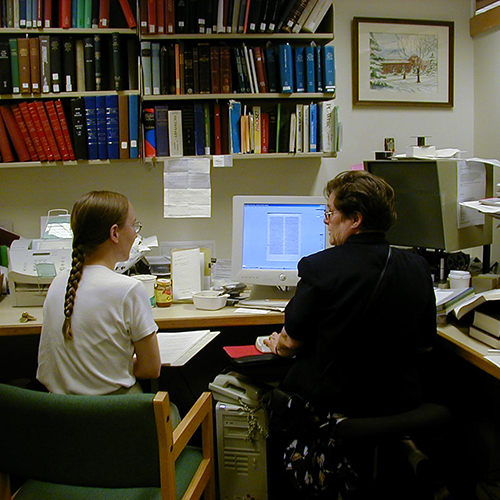Rega Wood’s Richard Rufus Project receives $330,000
The National Endowment for the Humanities (NEH) awarded the Richard Rufus Project (RRP) at Indiana University $330,000 in funding to support research that is changing the way scholars understand the history of philosophy. Many of Richard Rufus’ philosophical works, lost for 600 years, were rediscovered by Professor Rega Wood in the 1980s. In the ensuing decades, Professor Wood of IU has dedicated her career to collecting, editing, and publishing his works.


 The College of Arts
The College of Arts